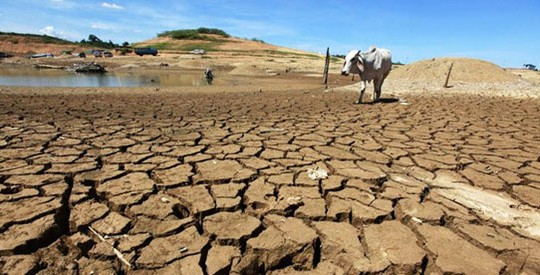Academic Associates PeaceWorks, a non-governmental organisation, has called on the Federal Government to implement a comprehensive approach to effectively address conflicts address conflicts arising from climate change in coastal communities across the South-South region of the country.
The organization lamented the impact of pollution on the climate and environment of the affected communities. Even as it blamed the government for failing to regulate the emission levels in those areas.
The Deputy Director, Academic Associates PeaceWorks, Amb. Nkoyo Toyo made the call as part of recommendations while speaking at the training of community stakeholders, networks and community members on climate change mitigation, adaptation strategies and communal conflict management tagged “Coping with climate change as a cause of conflict in coastal communities in West Africa”, in Port Harcourt.
Read also: NiMet DG seeks Integration of Meteorological Data Into Urban Transformation
Toyo said, “Beyond the specific activities of developing applicable tools, identifying strategies to address the problem, and fostering various local and other governance structures to enable cooperation between communities, state governments, national authorities, and regional actors, to implement climate change adaptation measures and prevent environmental crimes from exacerbating the impact of climate change on coastal communities, specific actionable recommendations to advance the goal of the project have been proposed.
“The Federal Government of Nigeria should review, re- formulate, and implement policies that will promote sustainable practices and commit to integrating bottom-up approaches to policy formation.
“The Federal Government of Nigeria should give serious attention to implementing a comprehensive approach to climate mitigation and promoting alternative means of livelihoods that effectively address conflicts arising from climate change.
“The Federal Government of Nigeria, through the appropriate Ministries, Departments, and Agencies, should integrate into policies, solution-based strategies that address the disproportionate impact of climate change related conflicts on women and children in coastal communities and promote gender-sensitive conflict-resolution mechanisms that are inclusive”.
Story was adapted from Punch.
